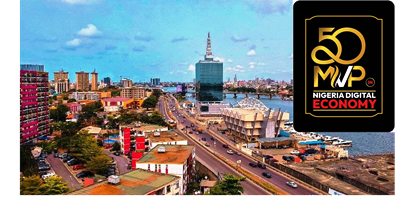- Reiterates commitment to promote and develop local ICT contents
Nigerian government has expressed commitment to increase the coverage of the active mobile broadband subscription in the country per 100 persons to 50% from the present 20.95% by 2020.The Minister Plenipotentiary, Permanent Mission of Nigeria to the United Nations, Mr. Bolaji Akinremi disclosed this recently at the UN General Assembly in New York.
Akinremi while speaking on the topic “Information and Communications Technologies for Development” noted that Nigeria recognises the direct impact of Information and Communications Technologies (ICTs) in improving the economic well-being of her citizens which is why she is more committed to facilitating and ensuring universal availability and cost-effective access to communications infrastructure.
“The government of Nigeria is committed to facilitating universal availability and cost-effective access to communications infrastructure and promoting utilisation of ICT in all spheres of life. Also the country is committed to achieving cutting-edge global ICT standards, encourage rapid ICT penetration among all socio-economic levels,” said Akinremi.
“The government of Nigeria is also committed to increasing the current coverage of the active mobile broadband subscription per 100 from 20.95 per cent to 50 per cent by 2020 as well as promoting and encouraging local production of ICT hard and software so as to reduce import dependence and generate foreign exchange by exporting to the regional and continental markets,” he added.
Active mobile broadband subscription is the number of subscriptions to mobile cellular networks with access to data communications – like the Internet – at broadband downstream speeds of 256 kilobit per second.
Nigeria’s mobile broadband subscriptions per 100 inhabitants increased from 1.0 inhabitant in 2012 to 11.7 inhabitants in 2016.
NAN reports that Mr. Akinremi further enjoined all member states to involve developing countries in the ICT revolution in order to bridge the wide gap of access to information among people, stating that if the information gap keeps widening, the possibility of attaining sustainable development by 2030 is not certain.
“It is in this vein that Nigeria further calls on the member states to consider giving Information and Communications Technologies a pride of place in the education curriculum. By so doing, the digital divide willbe undoubtedly bridged,” he urged.

































